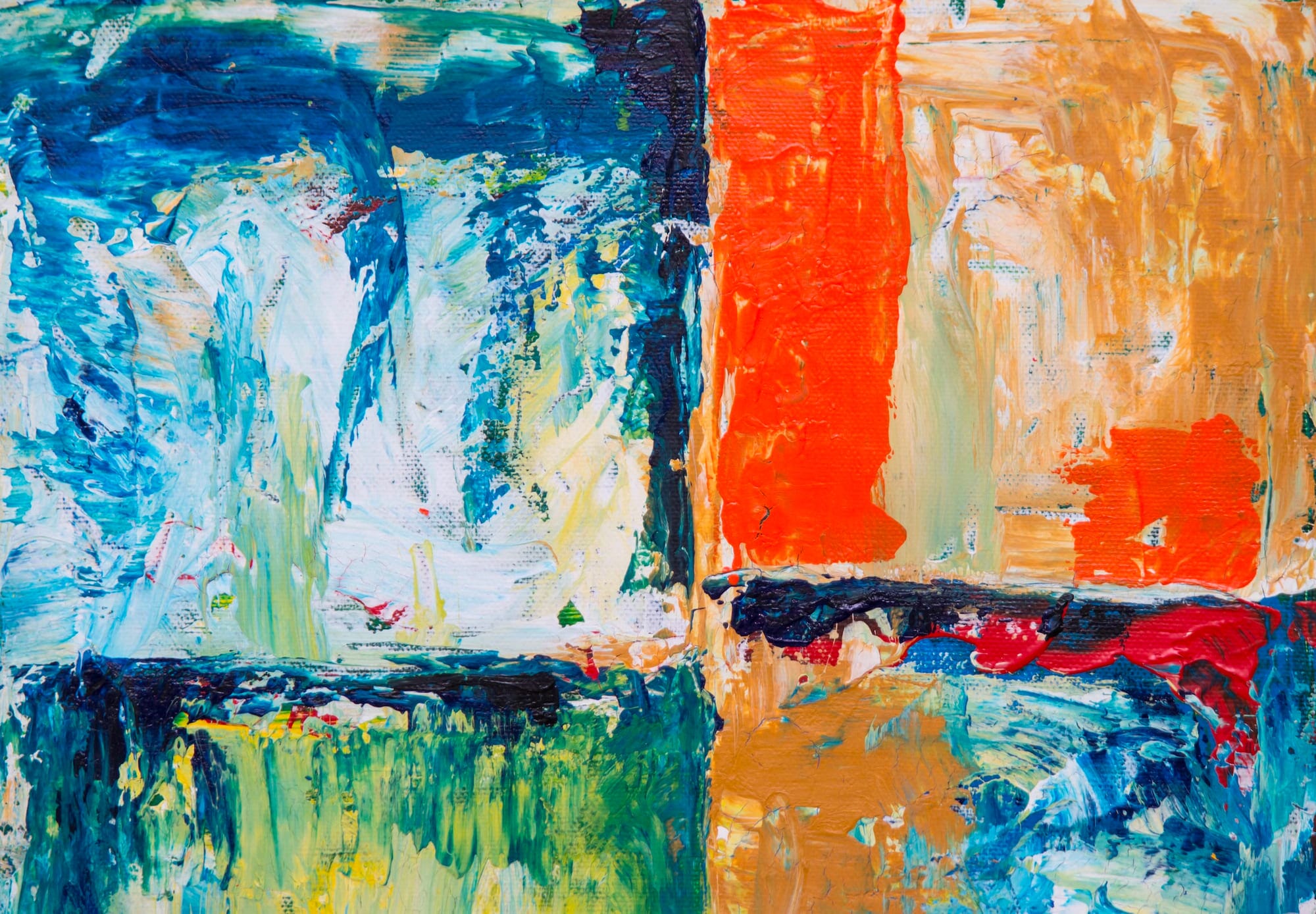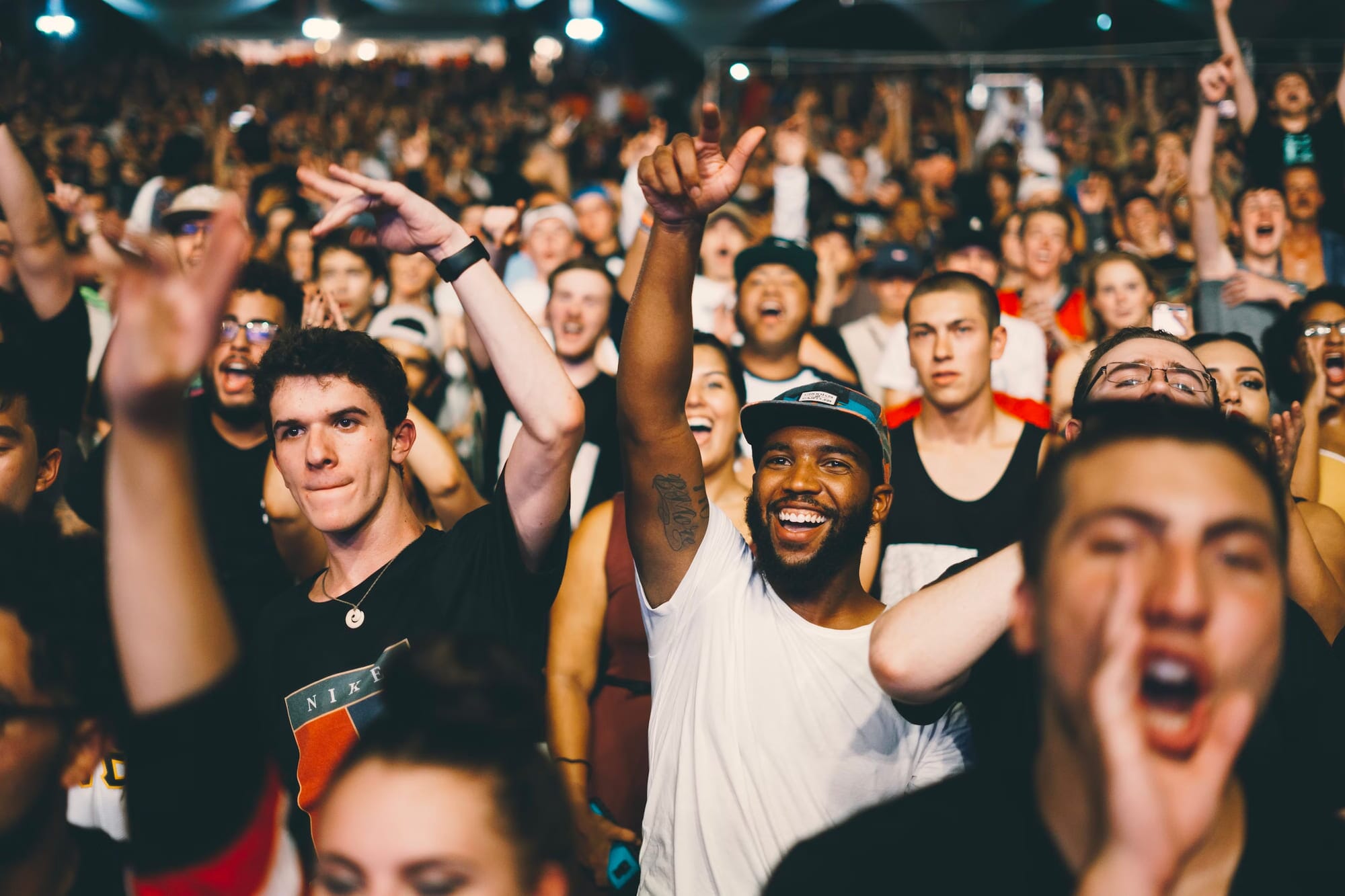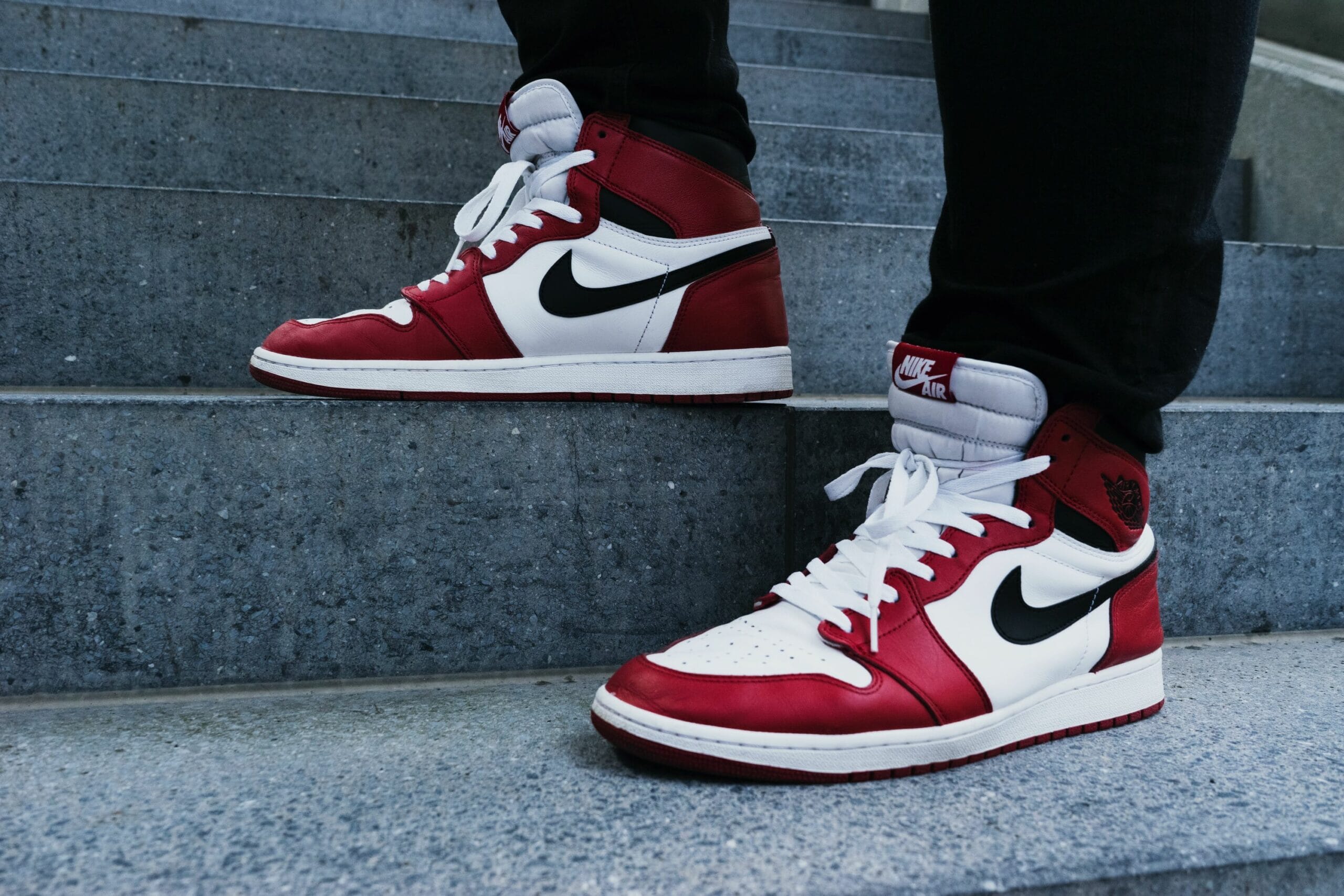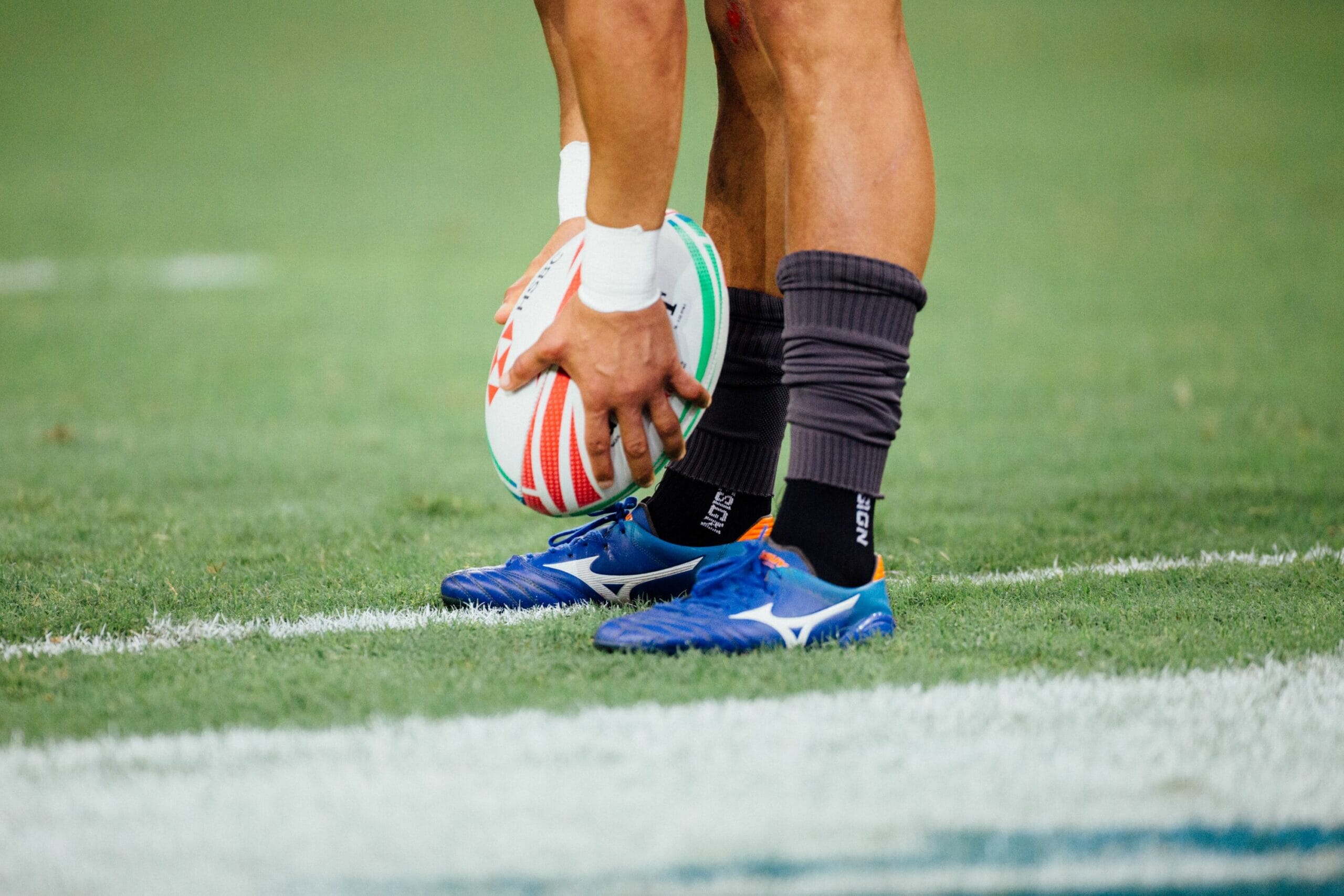WWF and Ivory Lane
This month WWF drew attention to Singapore and the loopholes within its sale of Ivory laws, with its campaign ‘Ivory Lane’. Created to raise awareness of this contentious issue, the charity launched a fake ivory fashion brand to highlight that the commodity, which endangers the conservation of elephant species, is still legally sold on the island of Singapore.
YouGov research found that only 8% of people in Singapore understood the current legislation and half thought that the trade of elephant ivory had been banned. In fact, it is still legal for Ivory which was imported into Singapore before 1990 to be sold and, since the year 2000, authorities have ceased 13 tonnes of ivory which has been illegally smuggled into the country. The fake fashion brand, ‘Ivory Lane’, which was launched online, mimicked 40 other stores in the area selling similar goods and prompted outrage by consumers and the media in Singapore.
The campaign not only effectively highlighted the loopholes in the law which enable the sale of ivory in Singapore, but it also reached a global audience to promote the cause. WWF claims that the story reached 250,000 and earned 65,000 reactions within six days (as of 7th August) which are some impressive numbers. The story also secured international press coverage including a piece from the BBC and caused quite a stir on social media. The creativity and the boldness of the campaign was able to elevate the campaign from a national story to an international one because it caught the media’s attention.








